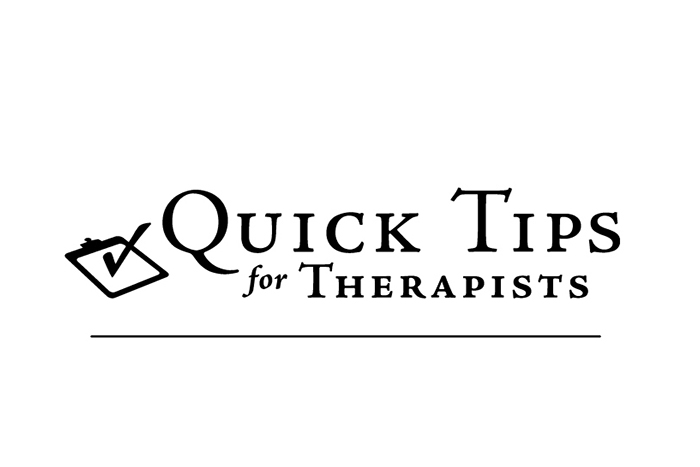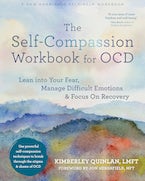Everyone judges themselves and can be self-critical at times. This is a normal response to being human. We must first understand that judgement and productive criticism can be a normal response when we make a mistake. We naturally and instinctively review our behavior and acknowledge where we could have made changes. We do this in hope to correct the erroneous behavior and prevent ourselves from making the same mistake again.
However, if we catch our clients (or ourselves) repetitively using self-judgment, self-criticism, or extensive self-punishment as the only way to manage difficult situations, this will result in high levels of shame, blame, guilt, and self-loathing.
Here are some steps that might be helpful to your clients:
Tip #1: Educate. Explain the instinctual and human desire to self-judge and engage in overly self-critical thinking. This validates the client experience and prevents the client from being self-critical about being self-critical. (Ironic, isn’t it?)
Tip #2: Facilitate Awareness Training. When we hear our clients engaging in these behaviors, gently bring this to their awareness and encourage them to observe when they engage in these behaviors. I have found that clients greatly benefit from homework assignments where they log times when they observe self-judgment and self-criticism.
Tip #3: Teach Self-Compassion. When our client is suffering with emotional pain, we can teach them the art of being self-compassionate. There are many ways to practice self-compassion, but one of the easiest ways is to ask the client this simple question: “If someone you loved were going through a similar experience, how would you care for them?” This powerful question can give them great direction on what they need in that moment of suffering. Then, in session and as a homework assignment, invite the client to practice engaging in these self-compassionate actions and make space for the suffering they are experiencing.
Kimberley Quinlan, LMFT, is a psychotherapist in private practice specializing in the treatment of obsessive-compulsive disorder (OCD) and related disorders. She has been practicing meditation and mindfulness for many years, and has a special interest in the integration of mindfulness and self-compassion principles with cognitive behavioral therapy (CBT) for OCD, anxiety disorders, and eating disorders. Kimberley is host of the Your Anxiety Toolkit podcast, and founder of www.cbtschool.com—an online psychoeducation platform for OCD, anxiety disorders, and body-focused repetitive behaviors (BFRBs). Quinlan is known for her vibrant and mindful approach to mental health issues, and is an expert presenter and support group facilitator for various conferences worldwide. She has been featured in many world-renowned and prestigious media outlets, including the Los Angeles Times, The Wall Street Journal, and The Washington Post; and has consulted on various mental health issues for programs such as ABC’s 20/20.



 2024 Peace Playbook: 3 Tactics to Avoid Clashes with Your Partner
2024 Peace Playbook: 3 Tactics to Avoid Clashes with Your Partner